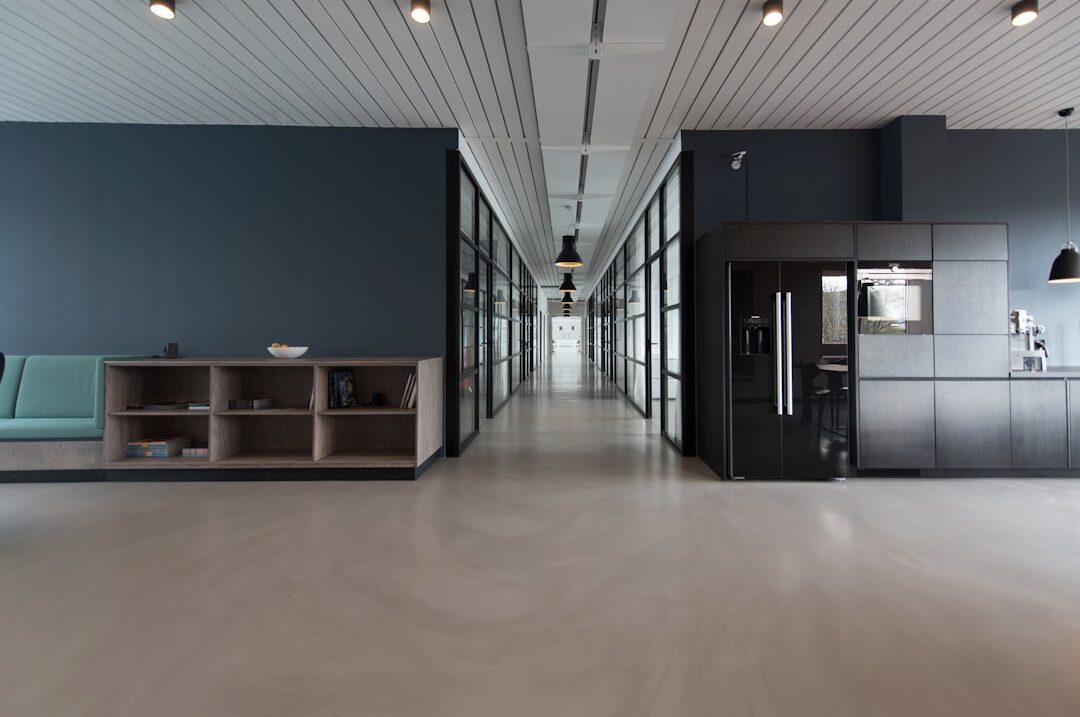How to Answer “What Are Your Pet Peeves?” in Interviews (2025 Guide)


Ace Any Interview—Practice for Free on Huru!
Want feedback that actually helps you land the job? Huru.ai lets you practice unlimited interviews and get instant, actionable insights—on your answers, tone, and communication style.
Build real confidence—start for free in seconds!
Understanding Workplace Annoyances: More Than Just Pet Peeves
Workplace annoyances—those little (and not-so-little) things that can disrupt our flow—are inevitable in any professional setting. From a colleague’s loud typing to management’s lack of communication, these irritations can chip away at productivity and team morale if not handled with care. But here’s the twist: how you talk about pet peeves in interviews says just as much about your professionalism as how you handle them on the job.
Mastering this topic can set you apart. In this post, you’ll learn:
- Why employers ask the “pet peeves” question
- How to choose a winning answer that signals emotional intelligence
- Expert-backed strategies and real examples
- How AI tools like Huru can give you an unbeatable edge

Why Employers Ask About Pet Peeves (And What They’re Really Assessing)
When an interviewer asks, “What are your workplace pet peeves?” they’re not looking for a vent session. Instead, they’re subtly evaluating:
- Self-awareness—Do you recognize and manage your triggers?
- Emotional intelligence—Can you handle minor annoyances with grace?
- Problem-solving—Are you proactive about resolving friction?
- Cultural fit—Will your working style align with the team’s environment?
A well-crafted answer reassures an employer that you’re not only aware of workplace challenges, but also mature and solution-oriented in your response.
💡 Key Takeaway
The pet peeves question is rarely about what bothers you—it’s about how you respond. Employers want to see emotional resilience, professional maturity, and a commitment to healthy communication.
Common Workplace Annoyances (and What They Reveal About You)
- Distracting noises (loud talking, constant phone buzzing)
- Poor communication or unclear instructions
- Disorganization in shared spaces (messy desks, misplaced files)
- Inequitable workload distribution
- Missed deadlines or lack of accountability
- Negative attitudes or gossiping
Choosing a minor but relatable annoyance (like messy shared spaces) is less risky than saying, “I can’t stand teamwork”—which could be a red flag. The key is to pick something most people can relate to without making it sound like you’re hard to work with.
Crafting Your Answer: Expert-Backed Strategies to Shine
- Be Honest—But Tactful: Choose a pet peeve that’s not a dealbreaker for the job. For instance, “I prefer when shared documents are organized, but I always take initiative to tidy up and help others stay on track.”
- Spin It Positive: Use your pet peeve to highlight a strength—like communication, organization, or adaptability.
- Show Your Solution Mindset: Share how you handle the annoyance professionally. (e.g., “If I notice a communication gap, I gently clarify with my team.”)
- Avoid the Negatives: Never use this as an opportunity to complain about a person or past employer. That signals drama, not maturity!
- Practice, Practice, Practice: Use Huru’s unlimited interview practice to rehearse your answer, get instant AI feedback, and ensure you strike the right tone.
💡 Key Takeaway
Turn the pet peeves question into a showcase of your professionalism. Frame your answer around solutions, not complaints—and always rehearse to sound authentic and composed.
Real Examples: Strong & Weak Answers to the Pet Peeves Question
| Type | Example Answer | Why It Works (or Fails) |
|---|---|---|
| Strong | “I appreciate clear communication. When I notice confusion on a project, I take the initiative to clarify expectations with my team. It helps us stay efficient and collaborative.” | Shows solution focus, teamwork, and a proactive mindset. |
| Weak | “I hate when people are late. It drives me crazy.” | Too negative, offers no solution, feels inflexible. |
| Strong | “Messy workspaces can be distracting, so I try to set an example by keeping my area organized and encouraging others to do the same.” | Constructive, demonstrates leadership and self-management. |
| Weak | “I don’t have any pet peeves.” | Comes across as inauthentic or lacking self-awareness. |
Notice how the strong answers acknowledge a challenge but quickly pivot to a solution. This is exactly what interviewers want to see!
Common Pitfalls: Mistakes to Avoid When Discussing Pet Peeves
- Making your pet peeve too personal or unrelated to work
- Sounding negative, inflexible, or difficult to work with
- Complaining about former employers or coworkers
- Claiming “I don’t have any”—which seems unrealistic
- Choosing a pet peeve that’s central to the job description
Remember: Your answer is a reflection of your approach to challenges and your readiness to thrive in a collaborative environment.
💡 Key Takeaway
Prepare and practice your answer until it feels honest and confident. Use feedback—ideally from tools like Huru—to refine both your wording and your delivery.
How Huru.ai Can Help You Master the Pet Peeves Question
AI-powered preparation is a game changer. Here’s how Huru.ai gives you a real advantage:
- Unlimited practice: Rehearse the pet peeves question (and 100s more) as many times as you want.
- Instant, actionable AI feedback: Get real-time insights on your wording, tone, and body language.
- Scenario-based training: Practice with realistic interview scenarios—including tough behavioral questions.
- Communication clarity: Receive tips to make your answers clear, concise, and confident.
Use Huru’s feedback to refine both what you say and how you say it—so you’re ready for even the trickiest interview curveballs.
FAQ: Answering the Pet Peeves Interview Question
It’s best not to. Everyone has minor annoyances; denying it can come across as inauthentic or lacking self-awareness. Instead, choose a harmless but relatable example.
Avoid mentioning anything that would be a dealbreaker for the job (e.g., disliking teamwork for a team-focused role). Stick to smaller, manageable annoyances and highlight how you handle them.
Practice aloud or with a friend. For the ultimate edge, use Huru’s AI-driven platform for unlimited mock interviews and instant feedback.
That’s fine—as long as you show how you respond constructively. The goal is to demonstrate maturity, not perfection.
Light humor can work—if it’s appropriate to the company culture and not at anyone’s expense. Always default to professionalism first.
See It In Action: Watch How Experts Tackle the Pet Peeves Question
See how a pro answers the pet peeves interview question and pick up tactical tips for your next interview.
Next Steps: Level Up Your Interview Game
- Employee Engagement Interview Questions Foster A Positive Workplace Culture – Learn how to signal alignment with company values in every answer.
- Your Ideal Workplace Describing Your Preferred Environment Effectively – Discover how to articulate your preferred working style for a great fit.
- Art Director Interview Questions Curate Your Career With Huru Ai – Explore role-specific questions and top strategies for creative professionals.
- Civil Engineer Interview Questions Lay The Foundation For Your Career – Tackle job-specific interview scenarios with Huru insights.
Explore these resources or start your free Huru interview practice now—and walk into your next interview with total confidence.
About the Author
Elias Oconnor is a seasoned content writer at Huru.ai, passionate about demystifying the modern job search. He crafts actionable, research-backed guides that empower candidates to thrive at every stage of their career journey.


 May 22,2025
May 22,2025  By Elias Oconnor
By Elias Oconnor